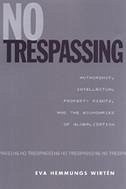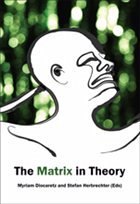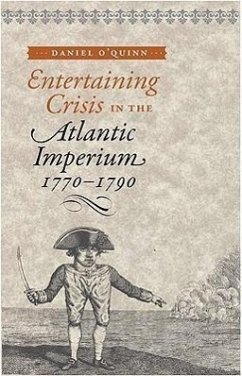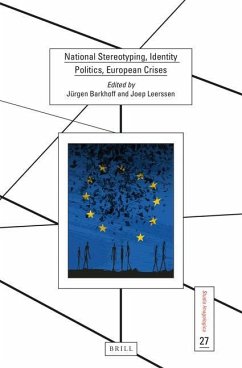
No Trespassing
Authorship, Intellectual Property Rights, and the Boundaries of Globalization
Versandkostenfrei!
Versandfertig in über 4 Wochen
84,99 €
inkl. MwSt.
Weitere Ausgaben:

PAYBACK Punkte
42 °P sammeln!
In this scholarly yet highly accessible work, Eva Hemmungs Wirten traces three main themes within the scope of cultural ownership: authorship as one of the basic features of print culture, the use of intellectual property rights as a privileged instrument of control, and finally globalization as a pre-condition under which both operate. Underwritten by rapid technological change and increased global interdependence, intellectual property rights are designed to protect a production that is no longer industrial, but informational. No Trespassing tells the story of a century of profound change in...
In this scholarly yet highly accessible work, Eva Hemmungs Wirten traces three main themes within the scope of cultural ownership: authorship as one of the basic features of print culture, the use of intellectual property rights as a privileged instrument of control, and finally globalization as a pre-condition under which both operate. Underwritten by rapid technological change and increased global interdependence, intellectual property rights are designed to protect a production that is no longer industrial, but informational. No Trespassing tells the story of a century of profound change in cultural ownership. It begins with late nineteenth-century Europe, exploring cultural ownership in a number of settings across both spatial and temporal divides, and concludes in today's global, knowledge-based society. Wirten takes an interdisciplinary and international approach, using a wide array of material from court cases to novels for her purposes. From Victor Hugo and the 1886 Berne Convention, to the translation of Peter Hoeg's bestseller Smilla's Sense of Snow, Wirten charts a history of intellectual property rights and regulations. She addresses the relationship between author and translator, looks at the challenges to intellectual property by the arrival of the photocopier, takes into account the media conglomerate's search for content as a key asset since the 1960s, and considers how a Western legal framework interacts with attempts to protect traditional knowledge and folklore. No Trespassing is essential reading for all who care about culture and the future regulatory structures of access to it.












